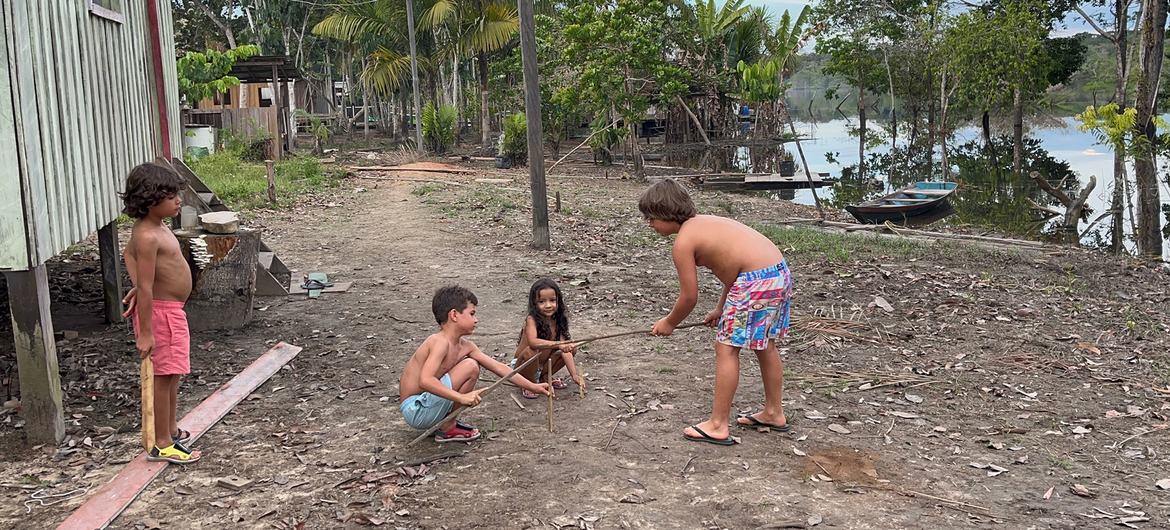A new report warns that up to 5.9 million children and youth in Latin America and the Caribbean could fall into poverty by 2030 due to climate change—unless governments act swiftly to protect them. If mitigation and adaptation efforts stall, the number could triple to 17.9 million, according to findings from UNICEF and the UN Economic Commission for Latin America and the Caribbean (ECLAC).
The study highlights how extreme weather events—cyclones, heatwaves, floods—are disproportionately affecting children. Their developing bodies are more vulnerable, and disruptions to education, nutrition, and family livelihoods deepen inequality.
Despite this, only 3.4% of multilateral climate finance in the region is currently directed toward child-focused services like healthcare, education, and sanitation. UNICEF’s Regional Director Roberto Benes emphasized that without robust social protection systems, climate change will continue to entrench poverty and limit children’s potential.
The report calls for urgent reforms:
- Strengthen climate-resilient health, education, and sanitation systems
- Integrate environmental education into school curricula
- Increase child-sensitive climate financing
- Develop adaptive social protection and emergency response policies
Governments are urged to prioritize the first 1,000 days of life, when interventions have the greatest long-term impact. The report also advocates for empowering children and youth through climate awareness and participation.
Environment Correspondent, TWW News
Diya is a journalist at TWW News specializing in environmental reporting with a global lens. Her work spans climate policy, conservation breakthroughs, and the intersection of ecological justice and geopolitics. With a sharp eye for data and a commitment to public accountability, Diya covers stories that matter—from rising sea levels to green tech innovation—with clarity, urgency, and impact.
She brings a background in environmental science and field reporting, often spotlighting underrepresented communities and frontline climate defenders. At TWW News, Diya’s coverage is engineered for credibility, legal rigor, and Global grade editorial standards, helping readers navigate the complexities of a changing planet.

